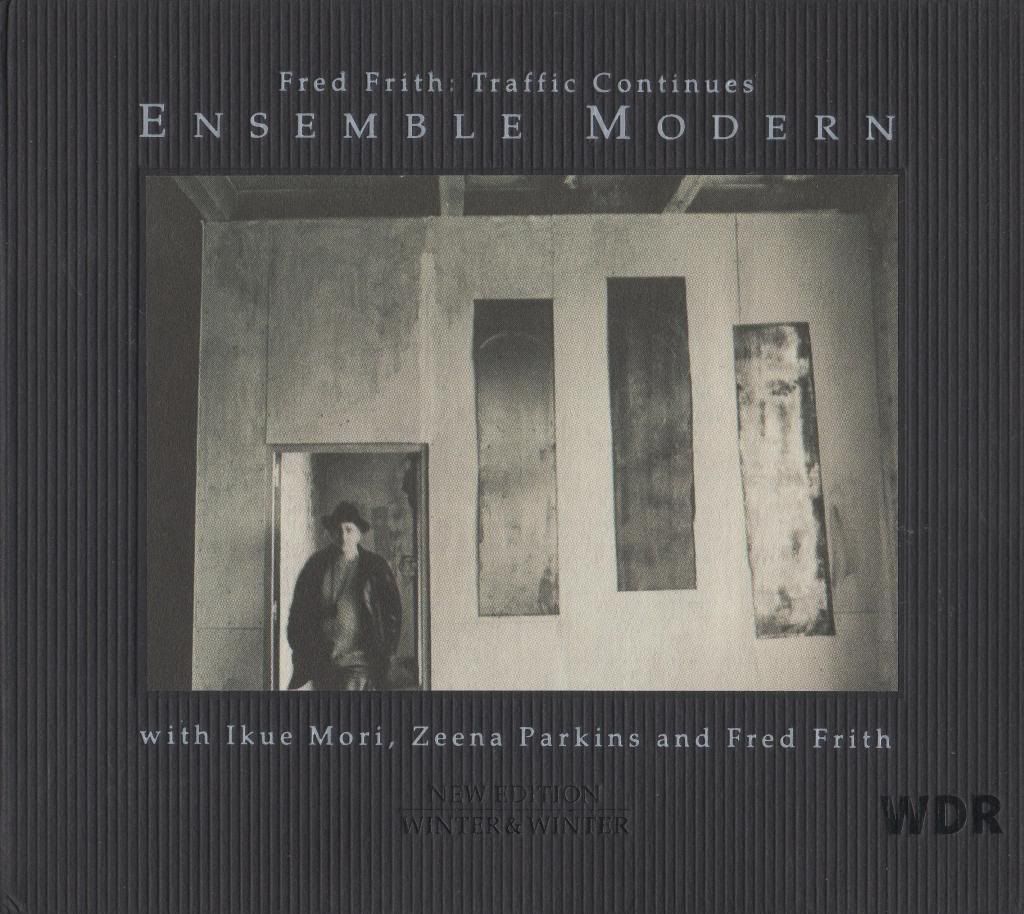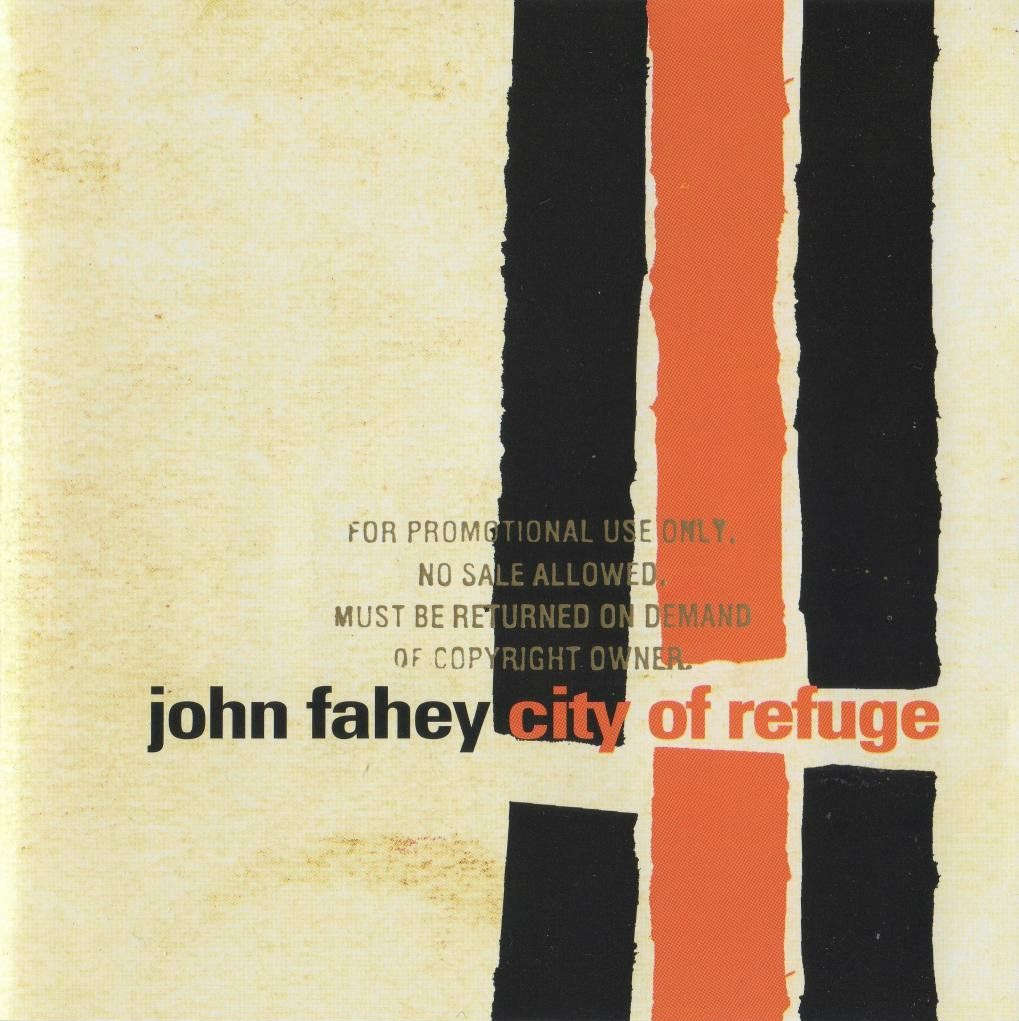Here we are, just shy of a year since the release of Cheap Seats, to talk about the impending November 14 release of my next album, the all-acoustic collection Anadromous. It's already available for pre-sale on Bandcamp, and you can also pre-order and support my other very soon-upcoming projects by viewing the Kickstarter campaign seen above! Don't blink...the next album, Paraprosdokian!, will be out in December...
Anadromous has been in development since I was finishing work on Cheap Seats. Where Cheap Seats attempted to state an abundance of ideas in structures as brief and elemental as possible with very little repetition, Anadromous
focuses on storytelling over simpler, one-guitar arrangements and
longer song structures with musical ideas that develop to be come subtly
more complex and knotty as the stories unfold. These songs come at a
time in my life when I am on my way into adulthood but close enough to
childhood that it's still fresh in my mind and dynamic in affecting my
worldview. Like an anadromous fish, I'm headed downriver to the ocean
for adulthood, but always feeling the magnetic pull beckoning me to
return to the stream of my origin. I'm on my way, but I've got a few
things to revisit first!
These heavily metaphorical narratives unfold with a sense of mystery and leave many questions unanswered, delving into supernatural phenomena and unexplainable occurrences. For instance, the lead-off track "Nobody Saw" sees my fiancée and me transformed first into harbor seals, then into butterflies to disappear into a world of our own, while numerous other songs revisit the mythology of my childhood as dedications to family members. Though it's punctuated by some lighthearted moments (like the poem in "Suspended (Omgoi)," which I wrote when I was 15!) Anadromous is a contemplative, somewhat spare album with typically intricate guitar work that reveals subtle development and evolution across the sometimes sprawling song structures. While Cheap Seats sought to display the potential of thick layers of rock coloration and counterpoint, Anadromous seeks to find just how much you can say with one instrument and one vocal. I hope you like it!
-Elliot
These heavily metaphorical narratives unfold with a sense of mystery and leave many questions unanswered, delving into supernatural phenomena and unexplainable occurrences. For instance, the lead-off track "Nobody Saw" sees my fiancée and me transformed first into harbor seals, then into butterflies to disappear into a world of our own, while numerous other songs revisit the mythology of my childhood as dedications to family members. Though it's punctuated by some lighthearted moments (like the poem in "Suspended (Omgoi)," which I wrote when I was 15!) Anadromous is a contemplative, somewhat spare album with typically intricate guitar work that reveals subtle development and evolution across the sometimes sprawling song structures. While Cheap Seats sought to display the potential of thick layers of rock coloration and counterpoint, Anadromous seeks to find just how much you can say with one instrument and one vocal. I hope you like it!
-Elliot


